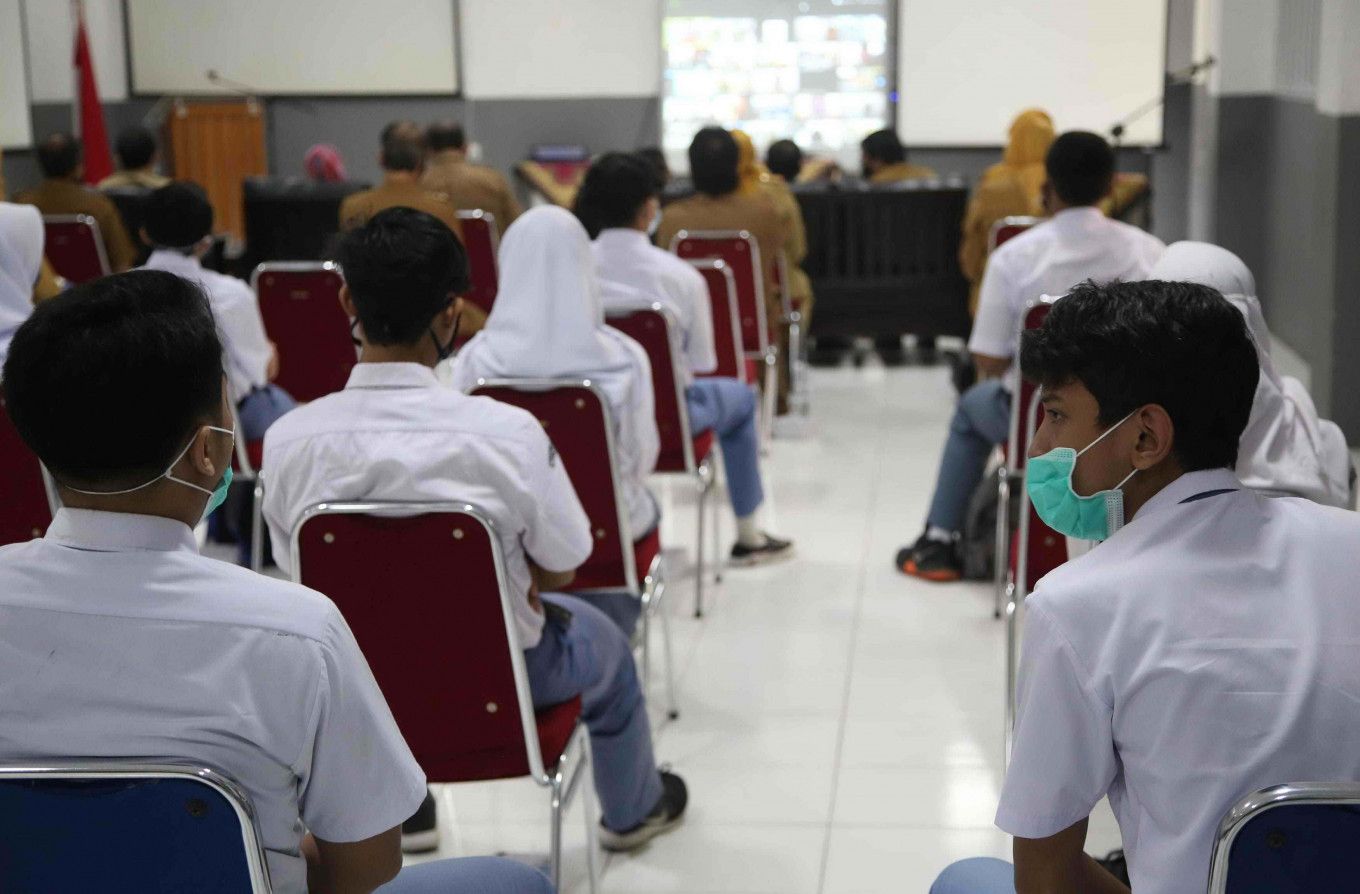Indonesia seems to have a surplus of nurses. However, it is unlikely to follow the Philippines in becoming a major exporter in the near future.
Business
An obstacle in eradicating human trafficking in Indonesia stems from issues in governance. This requires strengthening its vision, improving its strategy, leadership and coordination in policy implementation.
Many Indonesian nurses are affected by the slow absorption into a sector that is uncertain of its demand for them; a surplus-shortage paradox.
The Indonesian government’s plan to revise the existing UU ITE raises concerns from opposition and watchdogs speculating that the government is finding new means to criminalize freedom of speech.
The principle of ASEAN centrality has been reified in the recent conclusion of Regional Comprehensive Economic Partnership (RCEP). However, the Association faces three challenges to stay relevant post-RCEP.
As the Job Creation Law plays a strategic role in developing the Indonesian economy, it may assist Indonesia to become a formidable regional and global competitor. Hence, it is important to synergize the law with other legislations, including the Law on the National Educational System.
Indonesia’s overemphasis on post COVID-19 economic recovery through the passing of the Omnibus Law has the potential to prolong economic downturn currently caused by the pandemic. Indonesia seems to be focusing on the wrong policies to meet with existing challenges.
Why religion continues being integral to Indonesians can be viewed from a supply and demand perspective. State-perpetrated religious discriminations and the potential rise of conservative and hardline groups are concerning. These may lead to a rising tide of intolerance in Indonesia.
Indonesia is home to the third largest population of tobacco consumers in the world. Without tougher tobacco control regulations, tobacco consumption will remain a public health threat.
Indonesia will likely proceed with its regional elections, also known as Pilkada, on 9 December 2020. Despite there being little respite of COVID-19 infections in Indonesia, lawmakers and politicians have instead rationalized why Pilkada cannot be delayed again.









